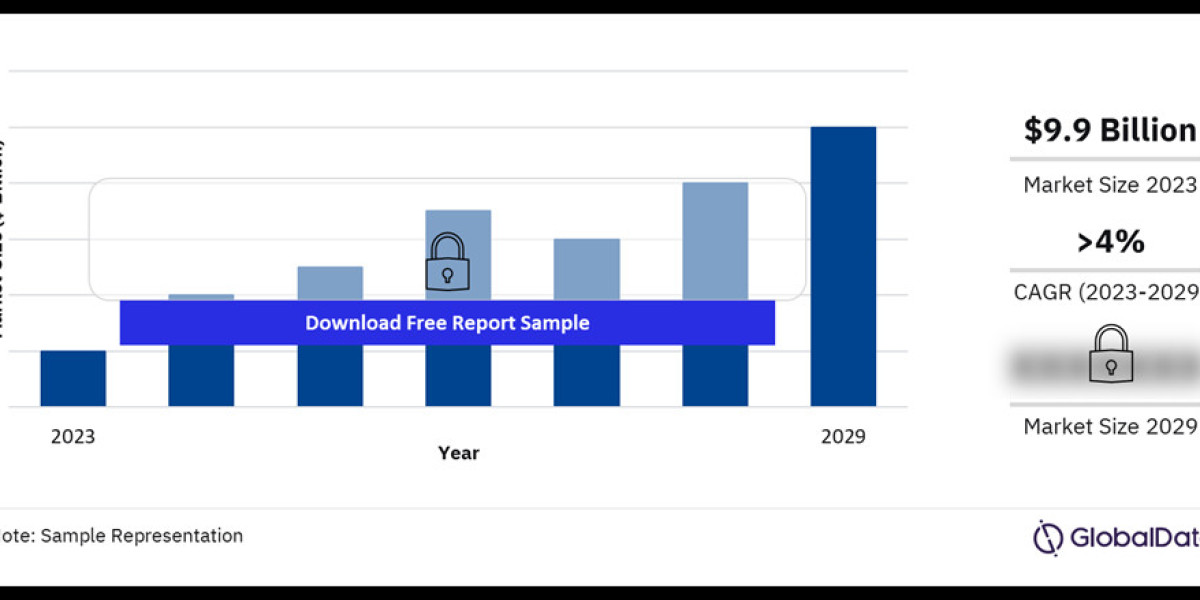Toy Poodle Life Span is a vital topic for pet owners who adore this intelligent and affectionate breed. Known for their playful nature, small size, and hypoallergenic coats, Toy Poodles are cherished companions worldwide. Understanding their lifespan is crucial for ensuring they live long, healthy, and happy lives. This blog explores how long Toy Poodles typically live, the factors that influence their longevity, and practical tips to help extend their lifespan. Whether you’re a seasoned dog parent or considering bringing a Toy Poodle into your life, this guide will provide valuable insights to help you care for your furry friend.
What Is the Average Toy Poodle Lifespan?
The Toy and Poodle Puppies life span typically ranges between 12 and 15 years, with some living even longer when given the right care and attention. This makes them one of the longest-living small dog breeds. The breed’s small size plays a significant role in this longevity, as smaller dogs generally tend to live longer than their larger counterparts. The life expectancy of a Toy Poodle can be influenced by various factors, including genetics, diet, exercise, and the quality of medical care they receive throughout their lives.
When compared to other Poodle varieties, the Toy Poodle life span is quite similar to that of the Miniature Poodle, which also lives around 12 to 15 years. However, Standard Poodles typically have a slightly shorter life expectancy, averaging around 10 to 12 years. The difference in lifespan can largely be attributed to size, as larger dogs are generally more susceptible to certain health issues, such as joint problems and heart conditions, which can impact their overall longevity. Understanding these factors helps owners take the best steps in caring for their Toy Poodle, ensuring they live a long and happy life.
Factors Affecting Toy Poodle Life Span
Several factors can influence the Toy Poodle life span, ranging from genetics to lifestyle and medical care. Understanding these factors can help pet owners take proactive steps to ensure their Toy Poodle lives a long, healthy life.
Genetic Factors
Genetics play a significant role in determining the overall health and longevity of a Toy Poodle. Common poodle health issues, such as hip dysplasia, progressive retinal atrophy, and epilepsy, are often hereditary. Certain types of cancer, like lymphoma and mast cell tumors, can also affect their lifespan. Responsible breeding practices, which prioritize the health of the breed over appearance, can reduce the risk of these health problems and improve the longevity of Toy Poodles.
Environmental Factors
The living environment is another critical factor affecting the Toy Poodle life span. A safe, clean, and stress-free home can significantly improve their quality of life. Prolonged stress, caused by neglect or poor living conditions, can lead to behavioral issues and negatively impact their health. Providing a stable and nurturing environment helps Toy Poodles thrive physically and emotionally.
Lifestyle Factors
Diet, exercise, and mental stimulation are essential components of a Toy Poodle's well-being. A well-balanced diet tailored to their nutritional needs can prevent obesity and related health problems. Regular physical activity keeps their weight in check and improves cardiovascular health, while interactive toys and games ensure they stay mentally sharp. Engaging them in activities that challenge their intelligence can also help reduce stress and improve their overall happiness.
Medical Care
Proper medical care is vital for extending the Toy Poodle life span. Routine vaccinations protect them from common diseases, while regular veterinary check-ups help detect potential poodle health issues early. Preventive measures, such as dental care and parasite control, further contribute to their longevity. By staying proactive about their health, owners can ensure their Toy Poodle enjoys a long and fulfilling life.
Mini Toy Poodle Lifespan: Are There Differences?
The Toy Poodle life span generally ranges between 12 to 15 years, but within the breed, some owners refer to "mini" Toy Poodles, which are smaller than the typical Toy Poodle size. While not officially recognized as a separate category, these smaller variations are bred to weigh even less than the standard Toy Poodle. Despite their smaller size, the lifespan of a "mini" Toy Poodle often aligns with the typical range of 12 to 15 years, provided they are well-cared for. Their compact size and delicate build require extra attention to prevent injuries and maintain a happy and healthy life.
Size itself doesn’t significantly impact the Toy Poodle life span, but smaller dogs often face unique challenges. A mini Toy Poodle's energy needs are slightly lower, but they still benefit greatly from regular exercise, such as a brisk daily walk or short play sessions. Keeping their weight in check and ensuring they stay active is essential for their longevity. Owners of these petite pups must prioritize their health with balanced nutrition and a safe environment to ensure they live a long, fulfilling life.
Extending a Toy Poodle's Lifespan
Extending the Toy Poodle life span requires a combination of proper nutrition, physical activity, and vigilant health care. These factors not only contribute to their longevity but also ensure a high quality of life throughout their years.
Proper Nutrition
A balanced diet is fundamental to maintaining the overall health of a Toy Poodle. High-quality dog food, rich in essential nutrients, helps support their immune system, maintain a healthy weight, and prevent common health issues. Avoiding overfeeding and providing portion-controlled meals tailored to their activity level can prevent obesity, which is a leading cause of health complications in small breeds. Including dental chews or specific foods that promote dental care can further enhance their overall well-being.
Exercise and Mental Stimulation
Regular physical activity and mental stimulation are key to a long and healthy life for Toy Poodles. A daily walk or interactive play sessions tailored to their energy levels keep them physically fit and mentally sharp. Engaging toys, puzzles, and training exercises not only reduce stress but also prevent boredom, which can lead to behavioral issues. Maintaining an active lifestyle is vital to keeping their muscles strong and their minds alert.
Health MonitoringCz
Proactive health monitoring plays a significant role in extending the Toy Poodle life span. Regular vet visits help identify early signs of illness and ensure timely intervention. Routine dental care, vaccinations, and preventive treatments for parasites are essential for preventing health issues. Additionally, regular grooming allows owners to spot any skin problems or abnormalities that may require medical attention. By staying vigilant and providing consistent care, Toy Poodle owners can maximize their pet’s lifespan and ensure they thrive in every stage of life.
Impact of Hydration on Toy Poodles’ Lifespan
Proper hydration plays a vital role in enhancing the Toy Poodle life span and maintaining their overall health. Water is essential for regulating body temperature, aiding digestion, and keeping organs functioning optimally. Since poodles are prone to certain health issues, such as kidney problems and heart disease, staying hydrated is critical for preventing complications. Consistent access to clean, fresh water supports their immune system and promotes a healthier, longer life.
Recognizing the signs of dehydration is key to safeguarding your Toy Poodle’s health. Symptoms like dry gums, sunken eyes, lethargy, or excessive panting can indicate they need more fluids. To prevent dehydration, ensure your Toy Poodle always has access to water, especially after playtime or walks. Adding water to their kibble, offering ice cubes as treats, or using a pet water fountain can encourage them to drink more. By prioritizing hydration, you can significantly impact your Toy Poodle’s overall health and help them enjoy a longer, happier life.
Conclusion
In conclusion, understanding the Toy Poodle life span is essential for providing your furry companion with the best care possible. From genetics to lifestyle factors such as nutrition, exercise, and hydration, each element plays a role in ensuring your Toy Poodle lives a long, happy, and healthy life. Regular veterinary care, mental stimulation, and attention to their environment are all key aspects in extending their lifespan and enhancing their quality of life.
At Toy and Poodle Puppies, we believe every Toy Poodle deserves a lifetime of love and care. By focusing on these crucial aspects, you can make a significant impact on your pet's well-being. We encourage you to share your personal experiences or ask any questions you may have in the comments below. If you’re ready to find a loving companion, explore our available puppies and bring home a new best friend today!








